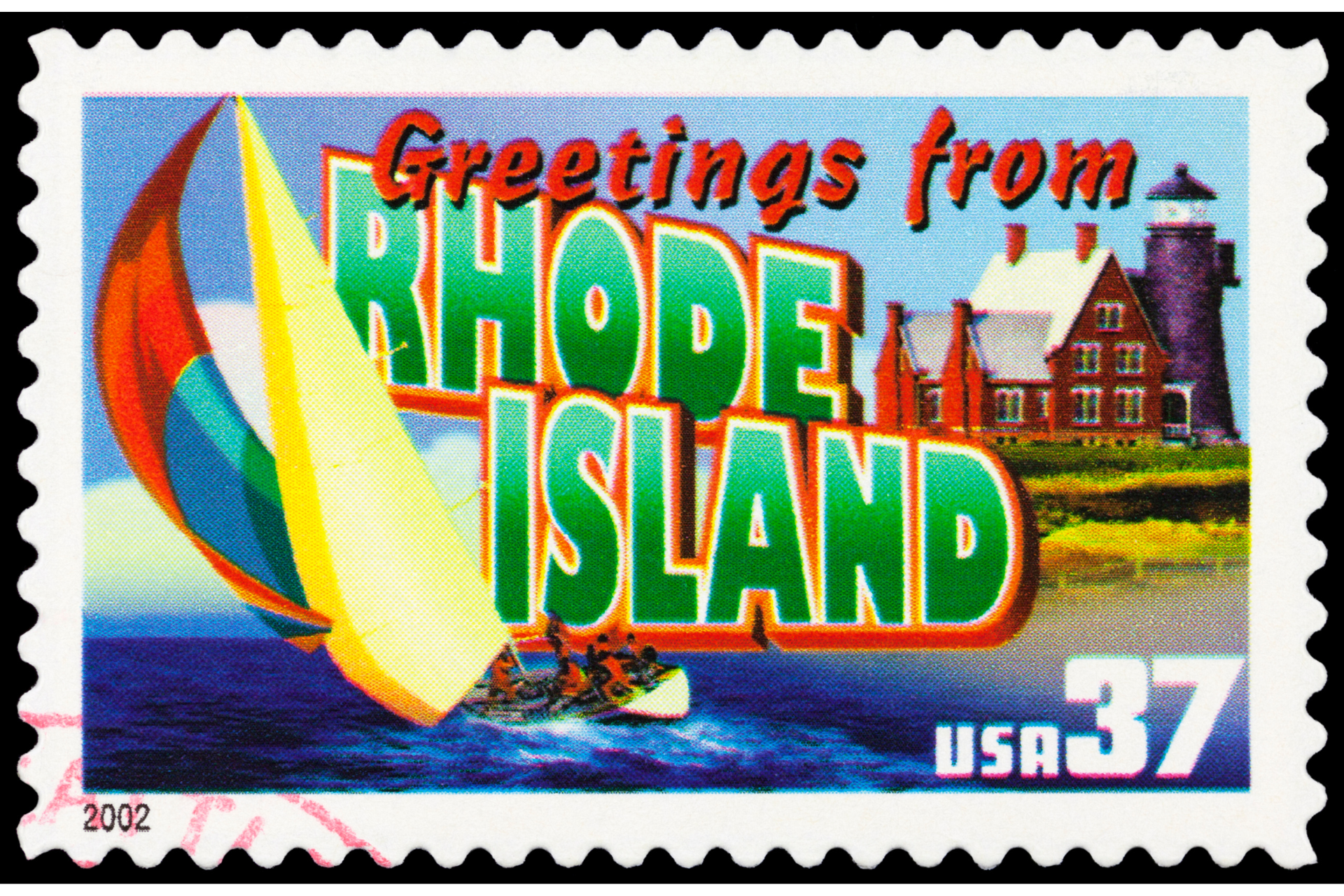Puerto Rico has for many years tried to lure investors to the Island by offering extreme tax incentives. Most recently, Act 60 and its predecessors allowed wealthy individuals and corporations to live and work in Puerto Rico virtually tax free, again without requiring much in return.
Now the IRS is cracking down on individuals who used this law to evade their tax burdens without fully complying with its requirements. The focus of the IRS investigation is on those who lied about how much time they spent in Puerto Rico and the sources of income they sheltered with Act 20.
Requirements of Act 60
Act 60 allows entrepreneurs to pay 0% to 4% in taxes on income, property, capital gains, earnings, profits, and dividends earned in Puerto Rico. In order to get these savings, they must live in Puerto Rico 183 days of the year. They must have closer ties with Puerto Rico than with any state. Puerto Rico must be their tax home. They must also buy a home on the Island and donate $10,000 to a local charity — much less than they would pay in taxes if they lived in a state.
The IRS began a campaign in 2021 to identify those who “may be erroneously reporting US source income as Puerto Rico source income in order to avoid US taxation.” They are checking to see where these individuals live, where they keep their cars, where their children go to school, and where they spend their time. “We recently identified about 100 high-income individuals claiming benefits in Puerto Rico without meeting the residence and source rules involving U.S. possessions,” they reported. “These wealthy individuals are attempting to avoid U.S. taxation on U.S. source income, and we expect many of these cases to proceed to criminal investigation.”
Both the actual source of the income and the question of residency are under scrutiny. People can’t just rent an apartment in Puerto Rico and continue to live in a state. They must demonstrate that they have actually taken up a life in Puerto Rico. Moving their families to the Island, participating in local events, and other signs are being investigated.
“IRS Criminal Investigation will vigorously pursue any individuals and professionals that fraudulently enrich themselves by abusing government tax incentive programs,” said a spokesperson.
The IRS is also looking at people who make their living by supporting beneficiaries of Act 60, including promoters, attorneys, and accountants, who may be charged with conspiracy to commit wire fraud.
Concerns about Act 60
Manuel Cidre, Puerto Rico’s Secretary of Economic Development and Commerce, is supporting the IRS in its campaign. His office has expelled some 300 people from the program already and has been helping to identify questionable participants.
Local residents have questions about the tax incentives in general. They claim that Act 60 has led to gentrification in Puerto Rico, pricing local people (who cannot benefit from the tax incentives) out of the housing market. They also say that Act 60 participants, who can vote in Puerto Rico, encourage colonialism and vote to keep the unjust status quo in place.
While there are local movements to end Act 60, the IRS emphasizes that they are not questioning bona fide participation in the tax incentives, but rather enforcing the rules.
History of Tax Gaming: Section 936
Section 936 of the Internal Revenue Code allowed companies to save an average of $2.76 in tax payments for every dollar paid to a Puerto Rican worker, without requiring significant capital investments which would have brought greater prosperity to the Island. This law, enacted in 1976, was phased out beginning in 1993. A 1997 report by the General Accounting Office (GAO) did not note any immediate impacts of the law’s repeal on the Puerto Rican economy, observing that “If the changes in the credit have had any negative impact on Puerto Rico’s economy to date, this may have been offset by the positive influence of the U.S. economic recovery after 1991.”
The GAO Report also noted that “[t]he Puerto Rican economy is strongly influenced by the U.S. economy.” Although manufacturing in Puerto Rico may have declined after Section 936’s phase-out, studies have not proven that any decline was more severe than U.S. manufacturing generally at that time as U.S. companies moved their manufacturing operations to Asia.
Updated July 24, 2023


